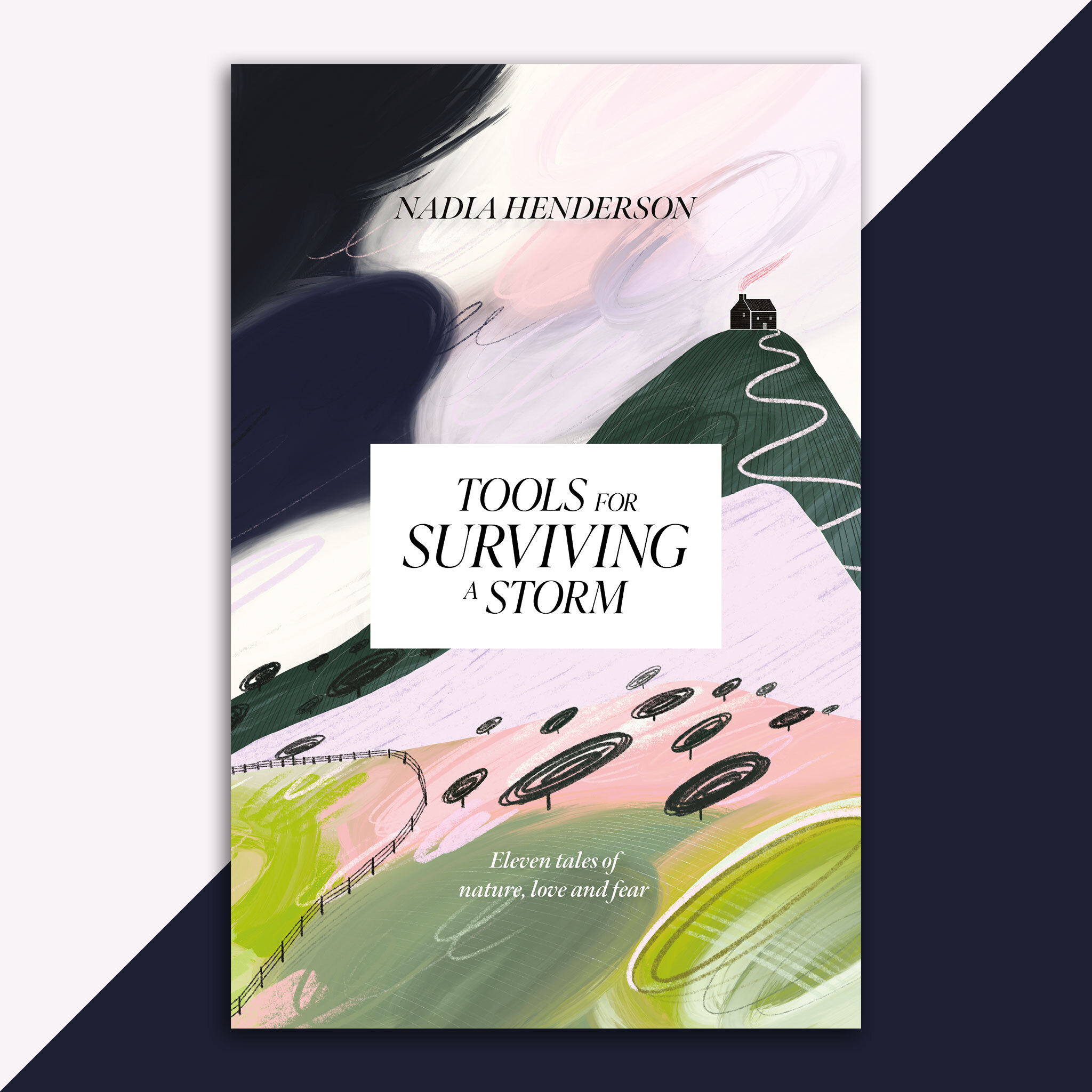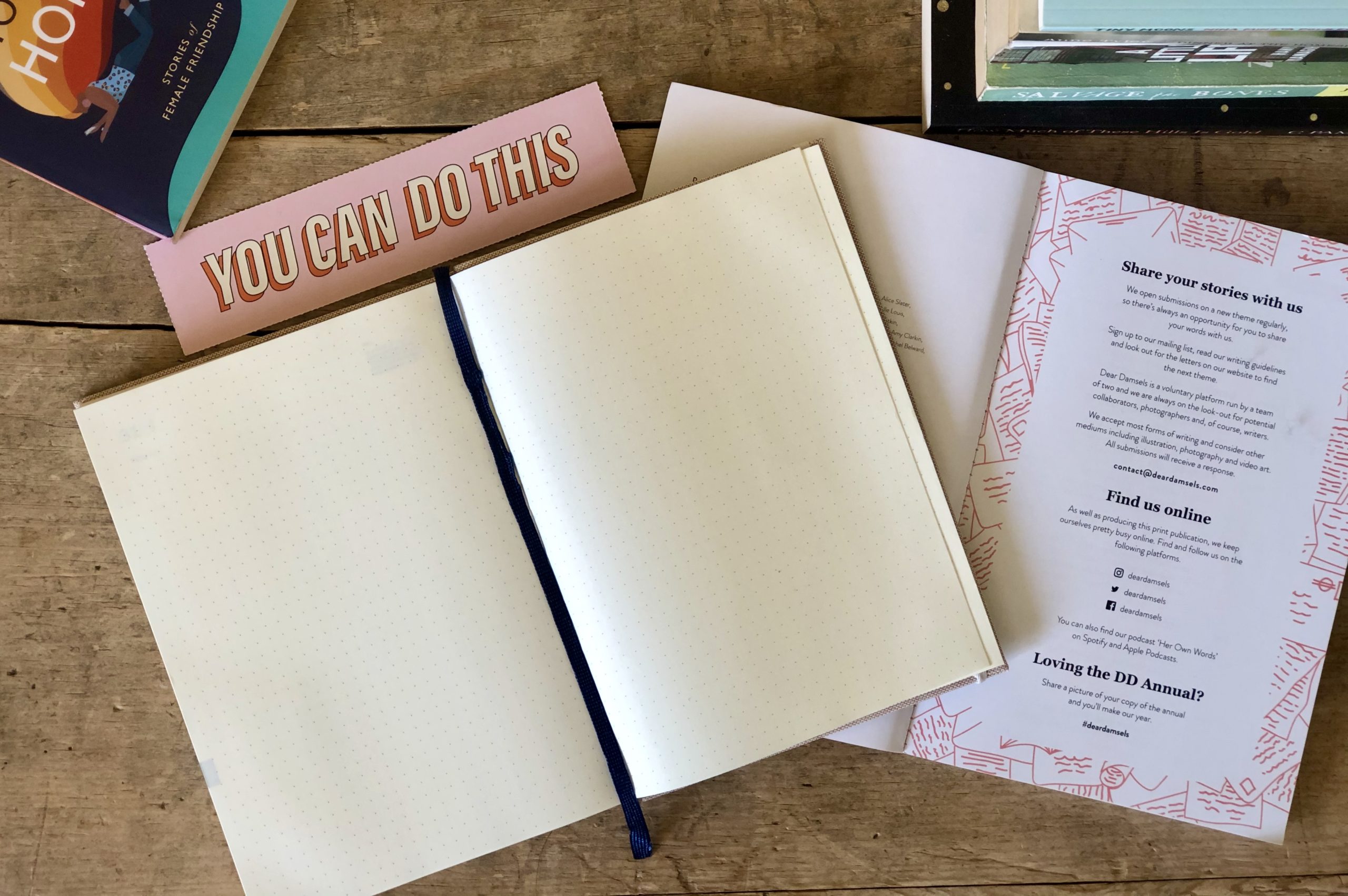The Infestation
by Rebecca Hastings
On the evening they got back from Greece, Maggie saw the first cockroach.
She didn’t know what it was at first. ‘Weird bug in the kitchen earlier,’ she said to James as they got into bed that night, pulling the duvet close. It had been thirty degrees or more throughout the two weeks they’d spent on Mykonos, and the air back in London felt cool by contrast.
She forgot about it by the morning, when James’s alarm went off at 5.30. When he worked these early shifts, it always seemed to Maggie as though his body woke up before his brain did, and he was on autopilot – spraying on Lynx, sliding his uniform off the hanger, padding to the kitchen to eat his cereal. He kissed her on the forehead before leaving for the hospital.
The day was warm but cloudy, and Maggie felt loose and relaxed as she began the cycle to work. She never understood when her colleagues talked about post-holiday blues. In a way, she was always happy to be back in London, the city feeling new again after a break, the midsummer temperature just right. She had a renewed appreciation of its familiarity – there was comfort in knowing exactly where to get a very strong coffee, and which bus routes were likely to be the least crowded.
It felt strange that the holiday was suddenly over. She and James had talked about it a lot during the weeks leading up to their departure, whenever not really seeing each other for days at a time became almost too much to bear, and it felt as though a black cloud hung over their flat. ‘Not long now until the holiday,’ they’d say when they bumped into each other at the bathroom door, or when Maggie would make James a sugary tea after he finished a shift, searching for life behind his eyes.
It had not been an easy fortnight. James wasn’t a natural summer person, and he’d battled bug bites, sunburn, dehydration headaches, sweat patches. He’d bought new sandals especially for the trip and developed blisters, and the only thing that could soothe his burning feet was standing in the sea. On a number of occasions, Maggie found herself sprawled on a beach towel, drinking more than her share of their cooler-bag wine as she watched him limp down to the shoreline, thinking they might as well have stayed home if it was going to be like this.
Maggie spent each day in Greece looking forward to going out for dinner with James in the evening. That was her favourite part. They’d sit on sun-bleached terraces, sharing plates of halloumi with honey, feta-filled pastry parcels, courgette flowers. It was as though they were making up for months of missed date nights, though at times conversation felt out of reach. Maggie had thought they’d have lots to catch up on, but they’d pretty much covered everything by the time they’d stepped off the plane.
‘Do you think we could go to Delos, while we’re here?’ she asked one evening, as they ate at an expensive restaurant that overlooked the sea. She’d been getting quietly drunk on white wine and squinting out at the flat blue expanse, trying to work out where the water met the sky.
‘What’s Delos?’
‘Remember, I was talking about it before. The island with all the ruins. I thought it could be interesting.’
James smiled. ‘Yeah, we should definitely go.’ The forced brightness in his voice indicated to Maggie that there was nothing he’d like to do less. She wondered what it would be like to be with someone who was interested in the same things she was – history, books, films. It occurred to her that she didn’t really know what his interests were, outside of the hospital. They never went to Delos.
When she came back, she expected something to be different – a strange smell, maybe – but everything was the same. Her stomach felt unsettled.
But surely it didn’t matter. He was so kind, so thoughtful. For her birthday that year, as well as perfume and pyjamas, he’d given her a photo album he’d put together, full of pictures, ticket stubs and receipts he’d been squirreling away since they started seeing each other four years ago. He was a doctor, for God’s sake, Maggie told herself. He was a far better person than she would ever be.
When Maggie arrived home that evening, James was still at work. She began to make a pasta sauce, and the smell of the onions and garlic sautéing in oil lifted her spirits. Recently, she’d been thinking about the kind of meals she’d make if she and James ever had children together. Freezable, lots of tins. They were almost thirty now. The age they always said they’d start trying. Often, these days, when Maggie met a friend’s newborn baby or smiled at a toddler in the street, a strange sadness would claw at her.
As she bent down to fetch a tin of tomatoes from the kitchen cupboard, she saw another of the brown bugs. It clung motionless to the cupboard door apart from its two little antennae, waving about as though it were calling for help. She reached for her phone, Googled ‘brown bug antennae kitchen’, and clicked on a picture. Cockroach.
The word itself made Maggie feel cold, even though she’d never come across a cockroach before and didn’t know anything about them. She kept reading. If you see just one cockroach, it’s likely there are at least 1,000 more in your property. Cockroaches may be attracted to an area where food is left out in the open for long periods of time. As they grow, cockroaches shed their skins up to eight times. You may see these shed skins around your home. Maggie felt as though her own skin was about to slide off her bones.
She abandoned the meal and went for a walk around the park. The ice-cream van was there, and she bought a 99, but felt silly walking around alone, cone in hand, like a child that had lost its mother. She looked at her phone. 7.30pm. He was supposed to be finished long ago, but she knew he’d be working late. She’d stopped waiting for texts to inform her when this was happening, and she could see on WhatsApp that he hadn’t been online in five hours. He was still saved in her phone as ‘Tinder James’.
When Maggie first matched with him, she’d thought he was too good-looking to be true, all side-swept blonde hair and sharp features. After weeks of talking, they met at a Turkish restaurant. Maggie had never laughed so much in her life as she did on that first date, and though she only intended to spend the night at his, she ended up staying for days. She remembered this suddenly on the beach in Greece. They were sitting cross-legged on their picnic blanket, eating olives from a plastic pot and licking the oil off their fingers.
‘You made me laugh so much that night,’ Maggie said.
‘What did I say that was so funny?’ asked James. She couldn’t remember.
After two laps of the park, Maggie decided to confront the cockroach situation properly. She went home, put on a pair of Marigolds and emptied the kitchen cupboards, pulling out tins of beans and packets of pasta, inspecting bags of flour. Then she moved onto the fridge, throwing away crumb-littered lumps of butter, near-empty jars of pesto, wilting celery.
Next, it was time to check the little kitchen trolley, where they kept the bulkier vegetables, and Maggie realised she’d been avoiding it because she already knew. She bent down to inspect the bottom basket, and saw it – a bag of potatoes she’d bought a few weeks previously. The potatoes had grown little white shoots, and a thin brown liquid had formed at the bottom of the bag. If they’d left for Greece a day later, they’d probably have started to notice the sour smell.
Maggie reached in and grabbed the bag, and at that moment, a flurry of cockroaches shot out from underneath it. She couldn’t tell how many there were – maybe five, maybe fifty. By the time she’d shrieked and hurled the potatoes into the bin, they’d dispersed and disappeared.
When James eventually came home, he looked exhausted, his face tinged with grey. ‘How was your day?’ he asked.
‘Fine,’ said Maggie. She’d learned to stop going into detail about her days – once, she’d launched into a 15-minute monologue about how the coffee machine at work had broken down, only to have him tell her a child had died in A&E that afternoon. ‘But I have bad news. There are loads of those bugs in the kitchen now, and I Googled it, and they’re cockroaches. I think we have to get pest control in.’
‘How many did you see?’
‘I don’t know. But if you see one, there are likely to be a thousand more,’ Maggie said. Something caught her eye on the kitchen floor. ‘Look!’ she said. ‘That’s a cockroach skin. I read that they shed their skins, when they outgrow them.’ They both crouched down to get a closer look. The skin was translucent brown, paper-thin.
James agreed, they did need to get pest control in. Maggie promised she’d sort it out, as she sorted everything out – the technician who came to fix the washing machine, the parking ticket they were issued last month – because James had enough on his plate, and besides, Maggie didn’t pay as much rent as he did. It was the least she could do.
They had moved into the flat after two years together. Maggie was acutely aware of the fact that it wasn’t the kind of place she could ever afford on her own. At the beginning, she tried to pay as much toward the rent as she could, just to prove herself, and lived almost pathologically frugally, declining invitations to after-work drinks and insisting she and James shop at Lidl, queuing up at 8am on a Saturday to beat the crowds. But after about six months, she got tired and relented to James’s kindness, enjoying spontaneous pub lunches and day trips to Brighton in his car.
That night, Maggie pressed herself up against James’s back, wrapping a leg over his as though she were a jetpack, but he was already snoring.
The pest control man arrived on Friday. Maggie let him in before work. He explained he’d put down a solution that the cockroaches would eat, and that would eventually kill them. Live cockroaches eat the dead ones, he said, so the dead ones transfer the poison to the live ones, and gradually they all die. If Maggie or James saw a dead cockroach, they shouldn’t dispose of it – they should leave it there until it got eaten. He would also fumigate the flat, which should kill some of them instantly. Maggie asked if he wanted a cup of tea, but he didn’t. She cycled to work, thinking of those scenes in films where someone walks away from an explosion.
When she came back, she expected something to be different – a strange smell, maybe – but everything was the same. Her stomach felt unsettled. She walked in circles around the flat, rearranging plants and candles and photo frames, waiting for James to come home. It felt as though her body was deciding something before her mind had a chance to intervene. She looked at herself in the bathroom mirror for fifteen minutes. Two neat furrows had appeared between her eyebrows. She couldn’t remember how long they’d been there.
She heard James’s key in the door, and thought her legs would give way.
‘What’s wrong?’ asked James.
‘I don’t know if I feel good,’ said Maggie. ‘In the relationship. Anymore.’
She looked down at her feet. A single cockroach crawled along the floor, just grazing the tips of her trainers. She counted one, two, three skins, scattered across the linoleum, shimmering in the evening light.






